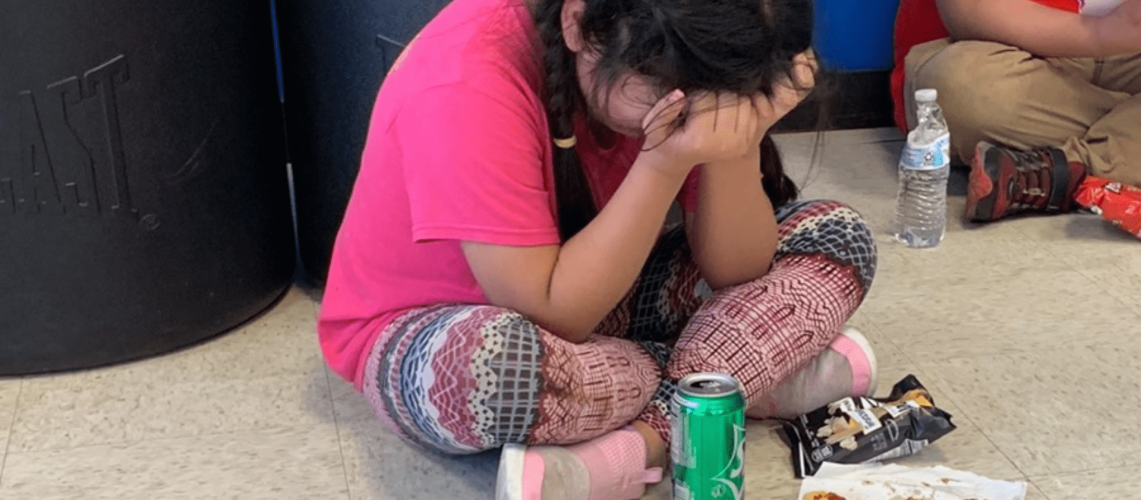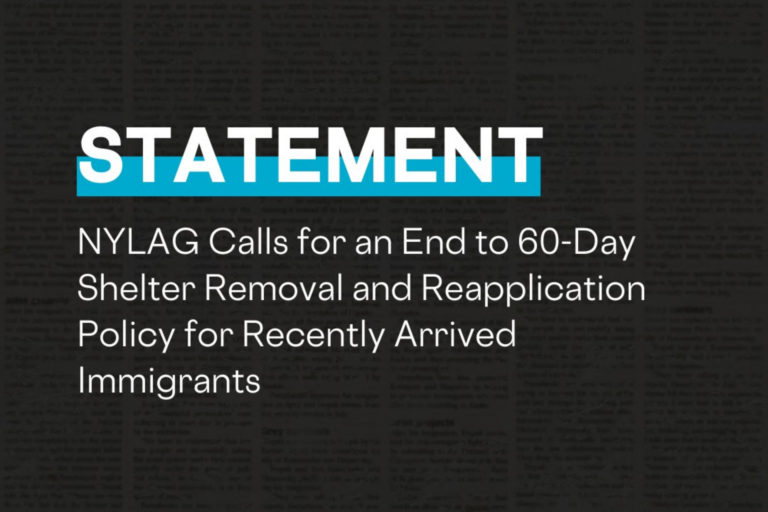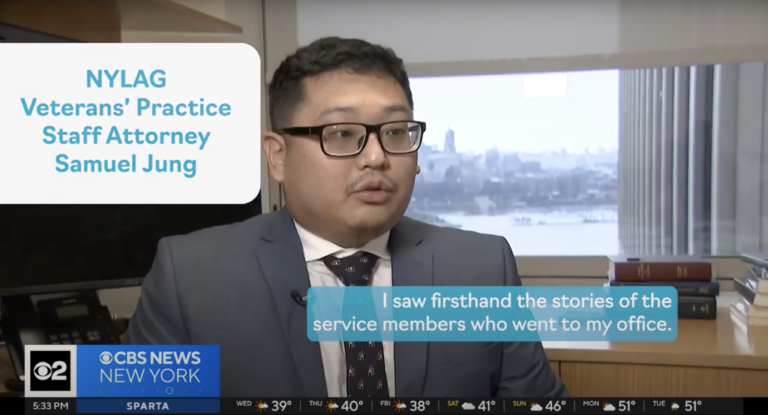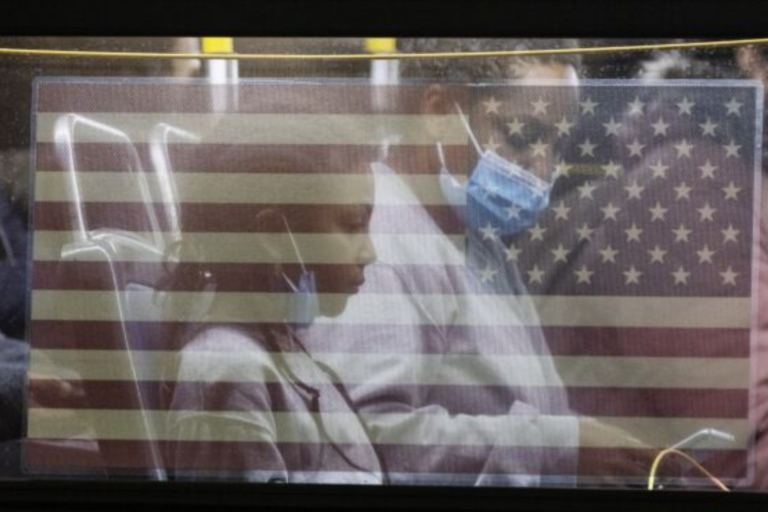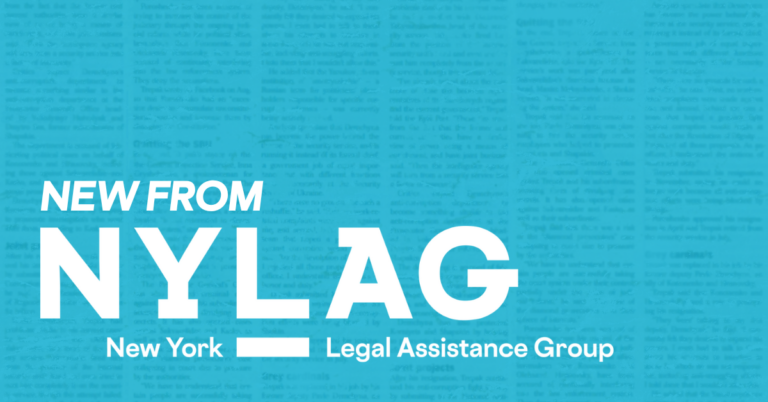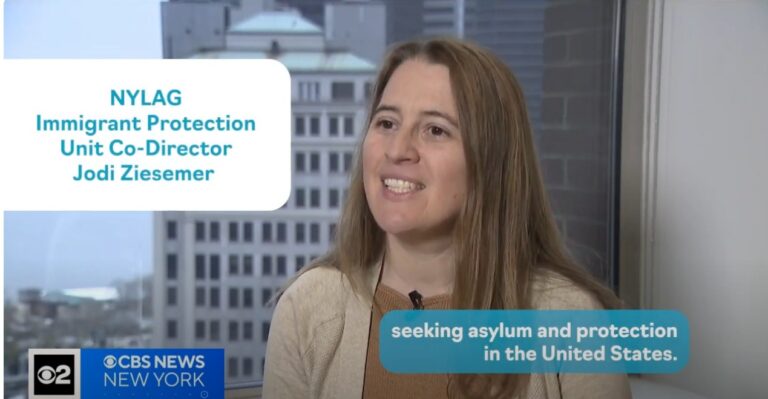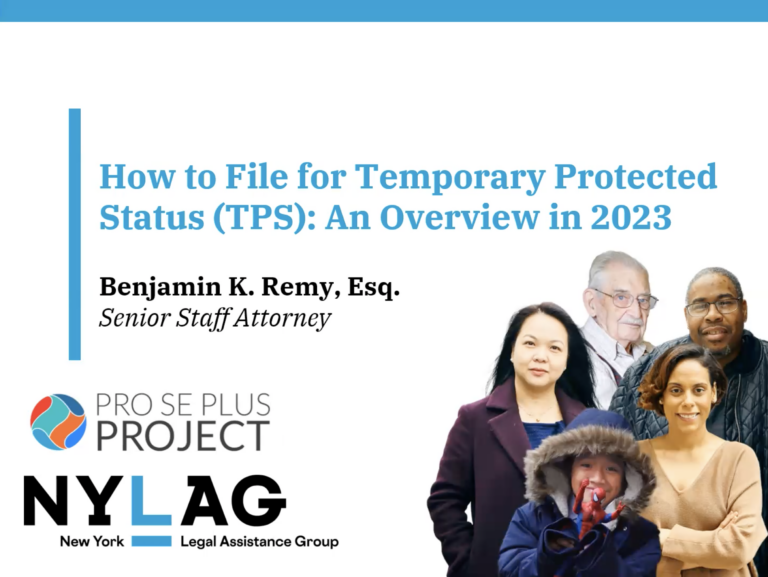By Chantal Da Silva
Newsweek
After a massive Immigration and Customs Enforcement (ICE) operation in which as many as 680 people were arrested at worksites across Mississippi on Wednesday, children were left “homeless with nowhere to go,” according to local reports.
According to local news broadcaster WJTV, children as young as toddlers in Forest, Mississippi, were left to rely on neighbors, and in some cases, even on strangers to pick them up outside their homes after school and drive them to a community center, where community leaders tried to reassure them amid the chaos.
One 11-year-old girl pleaded with the Trump administration to “show some heart,” telling the broadcaster the government should let her parents and those of other children go free.
“I need my dad and mommy,” the young girl said. “My dad didn’t do anything, he’s not a criminal.”
The 11-year-old was one of the many children whose families’ fates will be left up to U.S. immigration authorities, who have vowed to ensure that anyone found to be in the country illegally will face removal proceedings.
Meanwhile, those who have “already received due process and have been ordered to be removed,” the agency said in a press release, will be processed for deportation.
Some parents were reported to have already been released from ICE custody as of Wednesday evening, with the agency asserting in a press release put out earlier in the day that it would be releasing a number of detainees on a “case-by-case basis” depending largely on their past immigration history and any criminal history.
In an interview with Newsweek, Randye Retkin, the director and founder of LegalHealth, a division of the New York Legal Assistance Group, said that she believes the recent raids in Mississippi highlight the need for legislation that ensures that immigrant parents who may be targeted by ICE have a way to assign “standby guardians” to their children.
A standby guardian, said Retkin, who helped co-author standby guardian legislation in New York, is a person who can act as a back-up guardian for a child in the event that something happens to a parent.
In New York, Retkin helped bring about the standby guardianship law during the height of the HIV/AIDS crisis, when patients who did not have access to the lifesaving antiretroviral treatments available today needed to know that their children would be looked after in the event that they fall severely ill or pass away.
While many states do have standby guardian legislation, not all standby guardianship laws have been expanded to support undocumented immigrants forced to live in fear of being separated from their children.
Retkin said that while she believes children should not be separated from their parents in the first place, standby guardianship legislation would be a “last resort” way of protecting kids.
“Children belong with their parents,” she said. “But, as I saw with the AIDS epidemic, sometimes parents don’t have a choice.”
“It’s unfortunate that they have to use this existing legal tool,” Retkin. “But it does give comfort to make a plan, to feel like you’re in control of a very uncontrollable situation.”
Originally published in Newsweek on August 8, 2019

